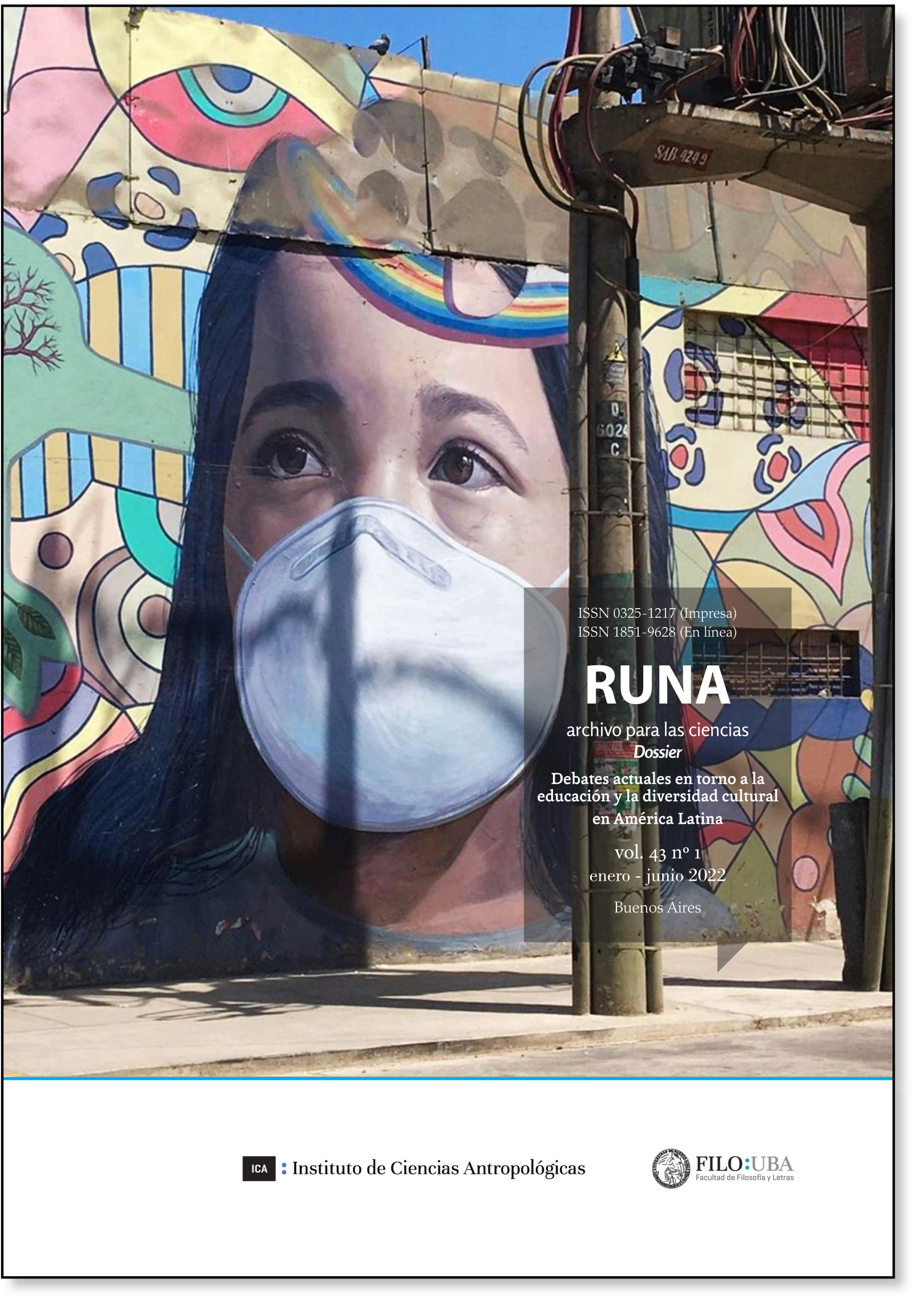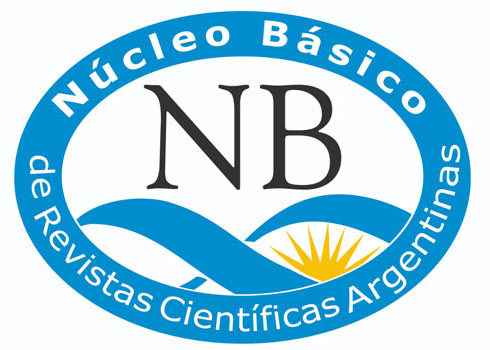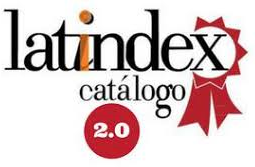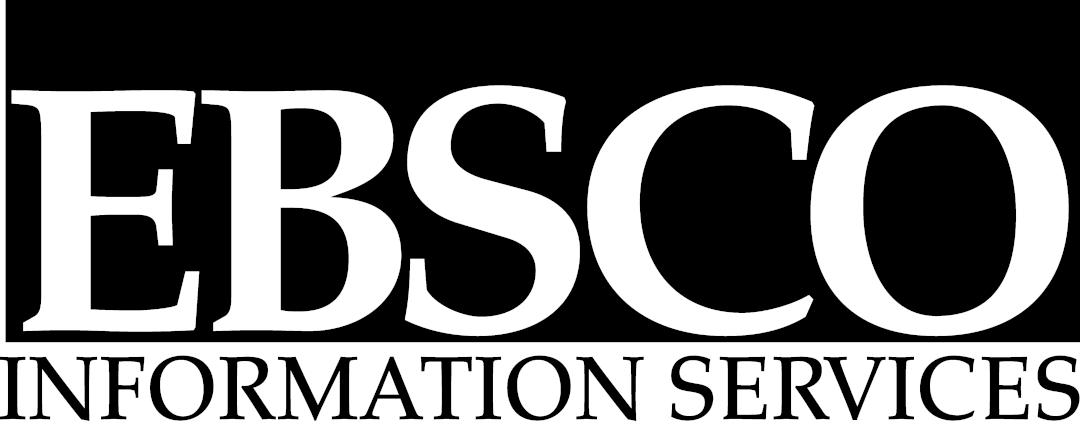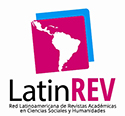Can indigenous languages be reclaimed in state institutions?
Intercultural Bilingual Education Politics and Policies in Ecuador
Abstract
What opportunities and challenges occur in reclaiming Indigenous languages within state institutions? This article considers the case of intercultural bilingual education in Ecuador. The school system is remarkable as a national-level initiative run by and for Indigenous pueblos and nationalities. Based on two years of ethnographic research in the national directorate offices of the school system and in schools, I describe three challenges that have arisen that are linked to national state offices and expectations. Ultimately, Kichwa is more prominent than ever even as the language changes somewhat through national planning and support. The case shows the importance of understanding double binds in language revitalization efforts.Downloads
References
Alim, H. S. (2016). Introducing Raciolinguistics. In H. S. Alim, J. R. Rickford, & A. F. Ball (Eds.), Raciolinguistics: How Language Shapes Our Ideas About Race (pp. 33-50). New York: Oxford University Press.
Andrade Ciudad, L. y Howard, R. (2021). Las lenguas quechuas en tres países andino-amazónicos: De las cifras a la acción ciudadana. Quechua languages in three Andean-Amazonian countries: From census data to citizen action. Káñina, Revista de Artes y Letras, 45(1), 7-38.
Benson, C. (2005). The Importance of Mother Tongue-based Schooling for Educational Quality Stockholm París: UNESCO.
Chimbutane, F. (2011). Rethinking Bilingual Education in Postcolonial Contexts Buffalo: Multilingual Matters.
Costa, J., Lane, P., & De Korne, H. (2017). Standardising Minority Languages. In P. Lane, J. Costa, & H. D. Korne, Standardizing Minority Languages: Competing Ideologies of Authority and Authenticity in the Global Periphery (pp. 1-23). New York: Routledge.
Ennis, G. (2020). Linguistic Natures: Method, Media, and Language Reclamation in the Ecuadorian Amazon. Journal of Linguistic Anthropology, 30(3), 304-325. https://doi.org/10.1111/jola.12281
Fauchois, A. (1988). El quichua serrano frente a la comunicación moderna Proyecto EBI. Quito: Abya-Yala.
Flores, N., & Rosa, J. (2015). Undoing Appropriateness: Raciolinguistic Ideologies and Language Diversity in Education. Harvard Educational Review, 85(2), 149-171. https://doi.org/10.17763/0017-8055.85.2.149
Gal, S. (2006). Contradictions of standard language in Europe: Implications for the study of practices and publics. Social Anthropology, 14(02), 163-181. doi: https://doi.org/10.1017/S0964028206002515
Gómez Rendón, J. (2008). Grammatical Borrowing in Imbabura quechua. En Y. Matras y J. Sakel (Eds.), Grammatical Borrowing in Cross-Linguistic Perspective (pp. 481-521). Amsterdam: De Gruyter Mouton.
Grzech, K., Schwarz, A., & Ennis, G. (2019). Divided we stand, unified we fall? The impact of standardisation on oral language varieties: a case study of Amazonian Kichwa. Revista de Llengua i Dret, 123-145. https://doi.org/10.2436/rld.i71.2019.3253
Gustafson, B. (2014). Intercultural Bilingual Education in the Andes. En R. Cortina (Ed.), The Education of Indigenous Citizens in Latin America (pp. 74-97). Buffalo: Multilingual Matters .
Haboud, M. (2004). Quichua language vitality: An Ecuadorian perspective. International Journal of the Sociology of Language, 167, 69-81. doi: https://doi.org/10.1515/ijsl.2004.022
Hornberger, N. H. (1988). Bilingual Education and Language Maintenance Providence: Foris.
Hornberger, N. H. (1989). Can Peru’s Rural Schools be Agents for quechua Language Maintenance? Journal of Multilingual and Multicultural Development, 10(2), 145-159.
Hornberger, N. H. (2002). Multilingual language policies and the continua of biliteracy: An ecological approach. Language Policy, 1(1), 27-51.
Hornberger, N. H. y De Korne, H. (2018). Is Revitalization through Education Possible? En L. Hinton, L. Huss y G. Roche (Eds.), The Routledge Handbook of Language Revitalization (pp. 94-105). Nueva York: Routledge.
Hornberger, N. H. y King, K. A. (1996). Language Revitalisation in the Andes: Can the Schools Reverse Language Shift? Journal of Multilingual and Multicultural Development , 17(6), 427-441. doi: https://doi.org/10.1080/01434639608666294
Howard, R. (2011). The Quechua Language in the Andes Today: Between Statistics, the State, and Daily Life. In P. Heggarty & A. J. Pearce, History and Language in the Andes (pp. 189-213). New York: Palgrave Macmillan.
Jaffe, A. (1999). Ideologies in Action: Language Politics on Corsica Berlín: Walter de Gruyter.
King, K. (2001). Language Revitalization Processes and Prospects Tonawanda: Multilingual Matters.
Kosonen, K. y Benson, C. (Eds.) (2013). Introduction. En Language Issues in Comparative Education: Inclusive Teaching and Learning in Non-Dominant Languages and Cultures (pp. 1-18). Rotterdam: Brill.
Kvietok Dueñas, F. (2019). Youth Bilingualism, Identity And quechua Language Planning And Policy In The Urban Peruvian Andes. Publicly Accessible Penn Dissertations Recuperado de https://repository.upenn.edu/edissertations/3293
Leach, D. K. (2005). The Iron Law of What Again? Conceptualizing Oligarchy across Organizational Forms. Sociological Theory, 23(3), 312-337.
Leonard, W. (2011). Challenging “Extinction” through Modern Miami Language Practices. American Indian Culture and Research Journal, 35, 135-160. doi: https://doi.org/10.17953/aicr.35.2.f3r173r46m261844
Limerick, N. (2019). ¿Kichwa o quichua? Historia política de alfabetos y aplicación de los procesos de lectura y escritura de las lenguas indígenas en América Latina. In M. Haboud (Ed.), Lenguas en contacto: Desafíos en la diversidad (pp. 303-346). Quito: Pontificia Universidad Católica del Ecuador.
Limerick, N. (2020). Speaking for a State: Standardized Kichwa Greetings and Conundrums of Commensuration in Intercultural Ecuador. Signs and Society, 8(2), 185-219. https://doi.org/10.1086/708164
Makihara, M. (2008). Linguistic Syncretism and Language Ideologies: Transforming Sociolinguistic Hierarchy on Rapa Nui (Easter Island). American Anthropologist, 106(3), 529-540. doi: https://doi.org/10.1525/aa.2004.106.3.529
Martínez Novo, C. (2014). Is the Cultural Project of the Indigenous Movement in Crisis? En J. Raab (Ed.), New World Colors: Ethnicity, Belonging, and Difference in the Americas Tempe: Bilingual Review Press.
Martínez Novo, C. y Torre, C. de la (2010). Racial Discrimination and Citizenship in Ecuador’s Educational System. Latin American and Caribbean Ethnic Studies, 5(1), 1-26. doi: https://doi.org/10.1080/17442220903506875
May, S. (2007). Language and Minority Rights: Ethnicity, Nationalism and the Politics of Language Nueva York: Routledge .
May, S. (2013). Indigenous immersion education: International developments. Journal of Immersion and Content-Based Language Education, 1(1), 34-69. doi: https://doi.org/10.1075/jicb.1.1.03may
McCarty, T. (2008). Schools as Strategic Tools for Indigenous Language Revitalization: Lessons from Native America. En N. Hornberger (Ed.), Can Schools Save Indigenous Languages? Nueva York: Palgrave Macmillan.
Mignolo, W. D. (2018). What Does It Mean to Decolonize? En W. Mignolo y C. E. Walsh, On decoloniality: Concepts, analytics, praxis (pp. 105-134). Durham: Duke University Press.
Montaluisa, L. (2011, 11 de febrero). A los dos años de invasión colonialista al sistema de educación intercultural bilingüe [Blogspot]. Educación Intercultural Bilingüe Recuperado de http://eibecuador.blogspot.com/search?updated-max=2009-10-19T16:08:00-05:00&max-results=7&start=7&by-date=false
Montaluisa-Chasiquiza, L. (2019). La estandarización ortográfica del quichua ecuatoriano Quito: Abya-Yala .
Mora, M. (2017). Kuxlejal Politics: Indigenous Autonomy, Race, and Decolonizing Research in Zapatista Communities Austin, TX: University of Texas Press.
Mortimer, K. S. (2016). A Potentially Heteroglossic Policy Becomes Monoglossic in Context: An Ethnographic Analysis of Paraguayan Bilingual Education Policy. Anthropology & Education Quarterly, 47(4), 349-365. doi: https://doi.org/10.1111/aeq.12165
Muysken, P. (2019). El kichwa ecuatoriano Quito: Abya-Yala .
Ortiz-T., P. (2016). Políticas estatales, territorios y derechos de los pueblos indígenas en Ecuador (1983-2012). En Los desafíos de la plurinacionalidad (pp. 13-72). Quito: Abya-Yala .
Piven, F. F. y Cloward, R. (1978). Poor People’s Movements: Why They Succeed, How They Fail Nueva York: Vintage.
Rodríguez Cruz, M. (2018). Educacion intercultural bilingüe, interculturalidad y plurinacionalidad en el Ecuador : Vol. I. Abya-Yala.
Rindstedt, C. y Aronsson, K. (2002). Growing up Monolingual in a Bilingual Community: The Quichua Revitalization Paradox. Language in Society, 31(5), 721-742.
Rockwell, E. y Gomes, A. M. R. (2009). Introduction to the Special Issue: Rethinking Indigenous Education from a Latin American Perspective. Anthropology & Education Quarterly , 40(2), 97-109. doi: https://doi.org/10.1111/j.1548-1492.2009.01030.x
Santana, R. (1987). La cuestión étnica y la democracia en Ecuador. Revista Mexicana de Sociología, 49(2), 127-144.
Stephen, L. (2013). We Are the Face of Oaxaca: Testimony and Social Movements Durham: Duke University Press .
Tarlau, R. (2019). Occupying Schools, Occupying Land: How the Landless Workers Movement Transformed Brazilian Education Nueva York: Oxford University Press.
Urla, J. (2012). Reclaiming Basque: Language, Nation, and Cultural Activism Reno: University of Nevada Press.
Valdiviezo, L. (2009). Bilingual intercultural education in indigenous schools: An ethnography of teacher interpretations of government policy. International Journal of Bilingual Education and Bilingualism, 12(1), 61-79. doi: https://doi.org/10.1080/13670050802149515
Whitten, N. E. y Whitten, D. S. (2011). Histories of the Present: People and Power in Ecuador Urbana: University of Illinois Press.
Wroblewski, M. (2012). Amazonian kichwa Proper: Ethnolinguistic Domain in Pan-Indian Ecuador. Journal of Linguistic Anthropology , 22(1), 64-86. doi: https://doi.org/10.1111/j.1548-1395.2012.01134.x
Wroblewski, M. (2014). Public Indigeneity, Language Revitalization, and Intercultural Planning in a Native Amazonian Beauty Pageant. American Anthropologist, 116(1), 65-80. doi: https://doi.org/10.1111/aman.12067
Zavala, V. (2014). An ancestral language to speak with the “Other”: Closing down ideological spaces of a language policy in the Peruvian Andes. Language Policy , 13(1), 1-20. doi: https://doi.org/10.1007/s10993-013-9297-4

Runa, archivos para las ciencias is a publication of the Instituto de Ciencias Antropológicas, Facultad de Filosofía y Letras, Universidad de Buenos Aires and is distributed under a Creative Commons Attribution 4.0 International License.
Runa maintains its commitment to the policies of Open Access to scientific information, considering that both scientific publications and publicly funded research should circulate on the Internet freely, free of charge and without restrictions.
The contents and opinions expressed in published articles are the sole responsibility of their authors.
